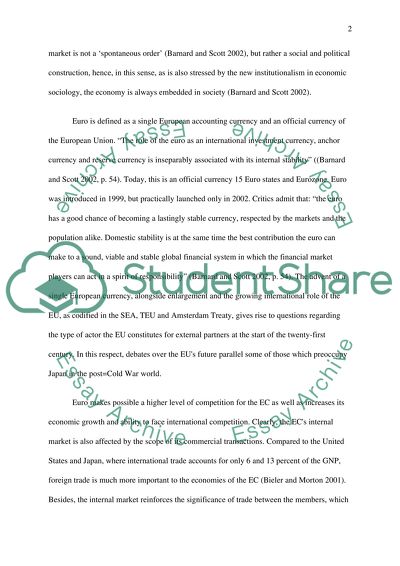Cite this document
(“Euro Currency Essay Example | Topics and Well Written Essays - 2500 words”, n.d.)
Retrieved from https://studentshare.org/politics/1502014-euro-currency
Retrieved from https://studentshare.org/politics/1502014-euro-currency
(Euro Currency Essay Example | Topics and Well Written Essays - 2500 Words)
https://studentshare.org/politics/1502014-euro-currency.
https://studentshare.org/politics/1502014-euro-currency.
“Euro Currency Essay Example | Topics and Well Written Essays - 2500 Words”, n.d. https://studentshare.org/politics/1502014-euro-currency.


